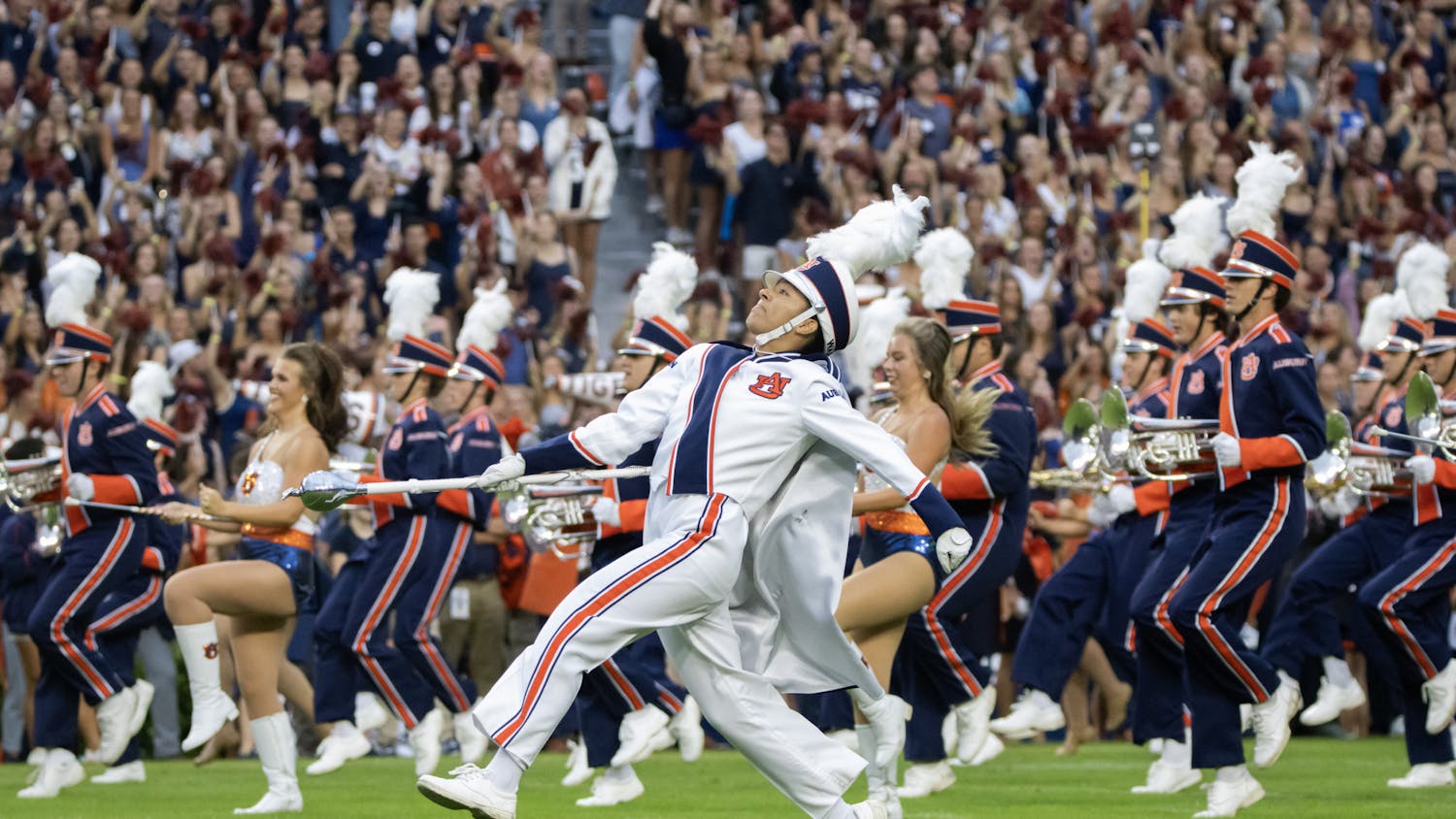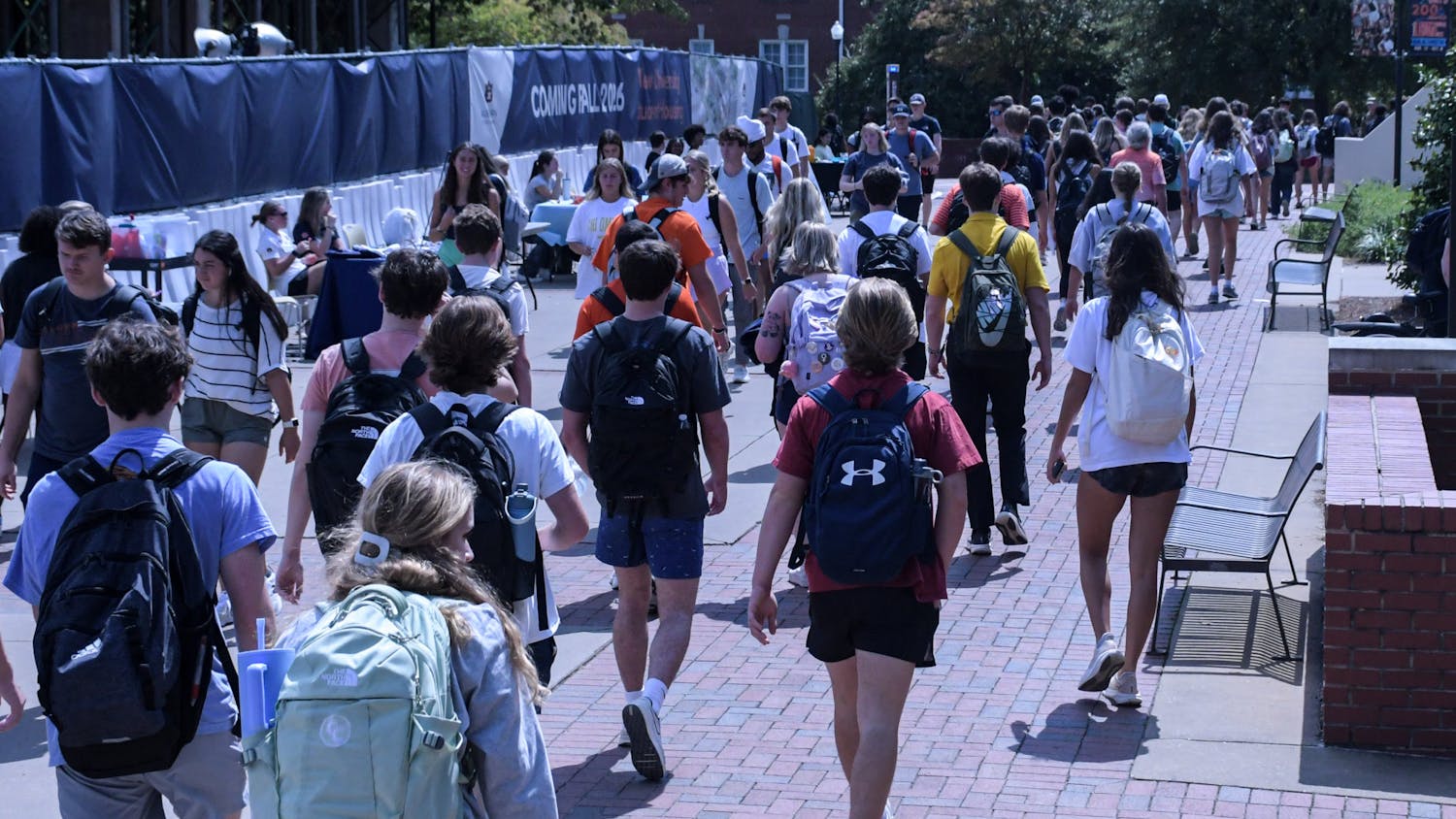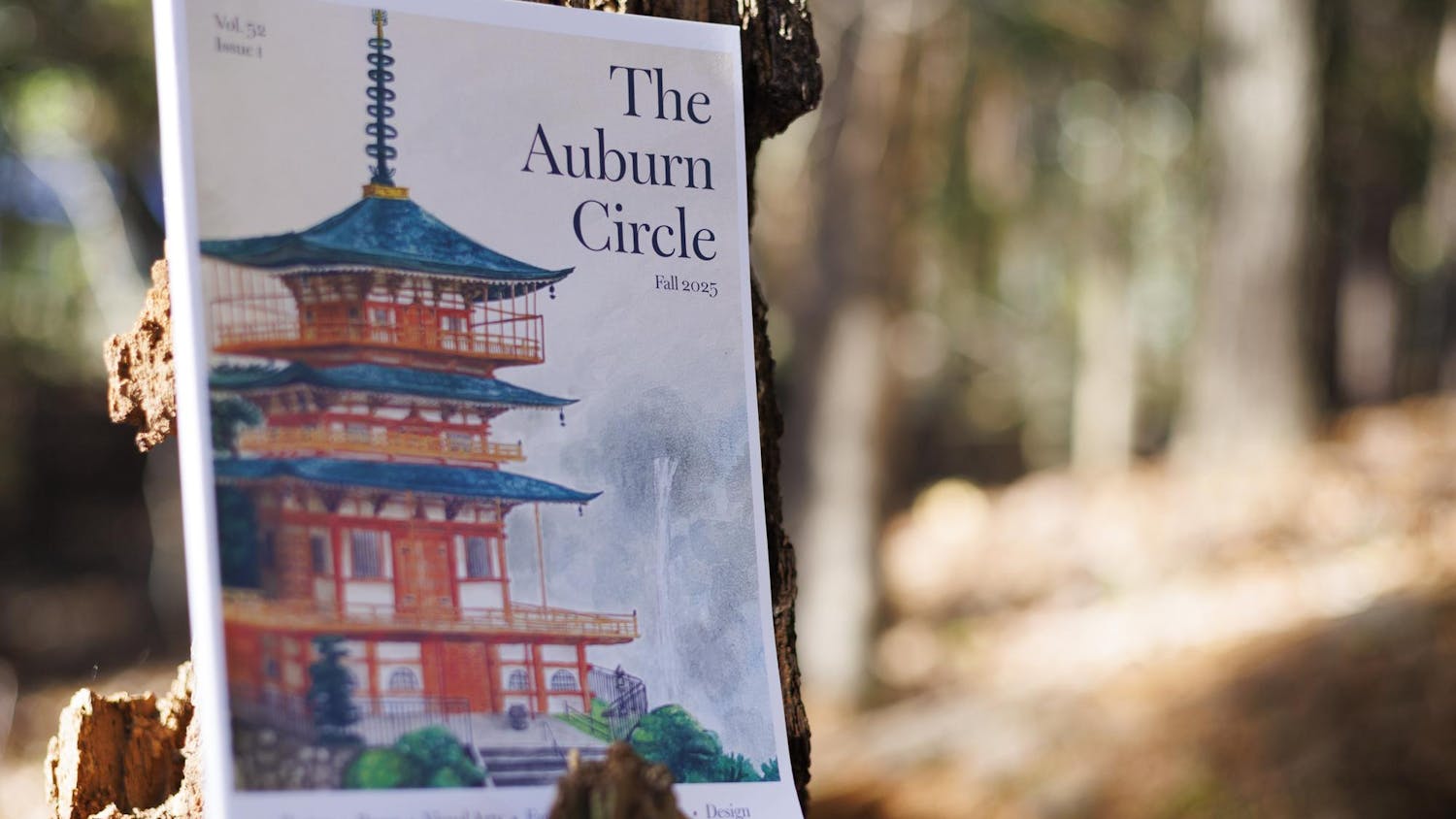Although being a student may seem like a full-time job, unfortunately it's a job with a short life span.
Students that began college from August 2005 through August 2007 appear to be the most affected by the fallout from the 2008 economic collapse.
The decision whether to enter the work force immediately after graduation or to get a graduate degree is being shaped by The Great Recession.
Philip Shell, second-year graduate student in landscape architecture, started his academic career at Auburn in August 2005.
"When I started, I didn't realize that you need a 5-year undergrad degree or a master's degree," Shell said. "Junior year, I realized that grad school was a must."
While going to graduate school can delay entry into the real world, the pressure of finding a future job still looms.
"Everybody's pretty worried about finding jobs," Shell said. "It's much harder to find internships--we can't be picky."
Shell said his friend, who recently graduated, has applied to more than 100 firms, but has yet to hear from one.
While students in some majors are nervous about finding jobs, others are not.
Sarah Kate Cameron, graduate student in accounting, has already secured a job for when she graduates.
The option of enrolling in graduate school was made for her.
"To take the CPA exam, which is required to become a certified public accountant, a student must complete 150 hours of coursework," Cameron said. "I didn't really have another option." Cameron entered college in August 2006, only two years before the economic downturn hit.
"I've had to adjust my everyday spending habits to make my money last longer," Cameron said.
Cameron's graduate assistantship covers school tuition, and she is provided with a $900 stipend per semester to help cover student expenses.
"I don't go shopping as much as I used to be able to back before the economy, and my wallet, was suffering," Cameron said. "I'm aware of how much I eat out now, and I only buy regular coffee at coffee shops--the specialty drinks are too expensive now."
Cameron will work at Ernst & Young in Birmingham after she graduates in May 2011.
The choice is not as simple for all students.
Paige Lowery, senior in communication, is weighing the pros and cons of graduate school.
"The current state of the economy makes it seem that having a salary right away is appealing," Lowery said. "But on the other hand, going to school would be something good to have on a resume when I do apply for jobs."
Finding the right time to enter the job market to maximize open job opportunities, salary and qualifications is a delicate balance.
"Delaying entering the work force in hopes of making more money in the long run is also a factor," Lowery said.
Lowery said she knows where she wants to end up, but a graduate degree is a factor in salary.
"If I don't get another degree, the amount of money I could make will top off at some point," Lowery said, "whereas if I go to grad school, my chances of making more money are greater."
Students also need to consider balancing extraneous costs with necessary purchases.
Cutting food costs is Lowery's strategy for making her budget stretch.
"I actually go grocery shopping and plan my meals to cook at home three days in advance," Lowery said. "Freshman year, I ate fast food 90 percent of the time, even though I lived in an apartment."
Lowery is currently employed at the Auburn Alumni Center's Office of Development.
Do you like this story? The Plainsman doesn't accept money from tuition or student fees, and we don't charge a subscription fee. But you can donate to support The Plainsman.




